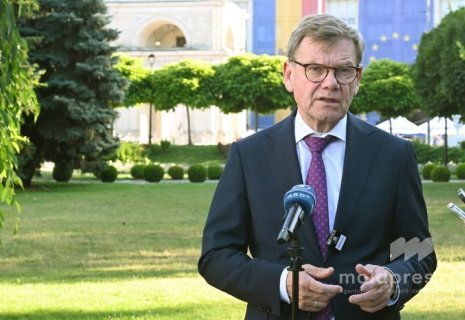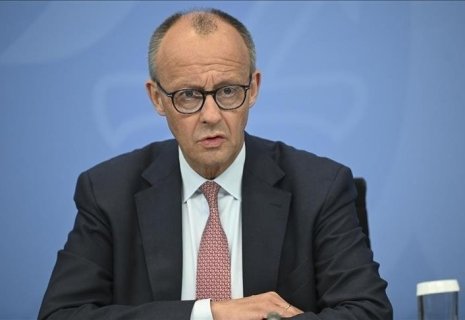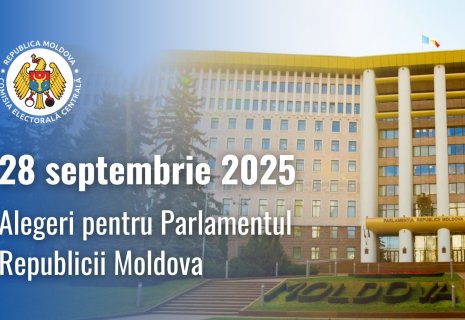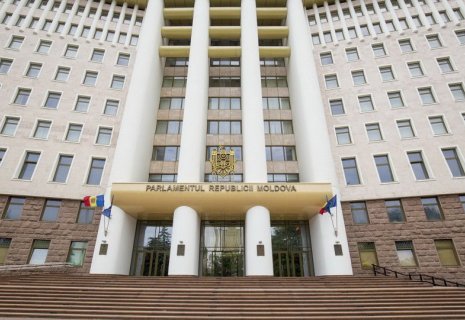
Austria faces renewed pressure to honour Slovenian minority rights
Seventy years ago, on 15 May 1955, the Austrian State Treaty established Austria's sovereignty. For Slovenia, its Article 7 is pivotal, outlining Austria's obligations to the Slovenian ethnic minority - obligations the country has yet to fully meet. The anniversary has prompted renewed calls for their complete implementation.
The anniversary of the international treaty's signing, which was followed by the withdrawal of the last of the allied forces from the country within five months, will be marked on Thursday with special ceremonies in the Austrian Parliament and at the Belvedere Palace in Vienna, CE Report quotes STA.
For Slovenia, Article 7 of the treaty is particularly significant, as it defines Vienna's obligations towards the Slovenian and Croat minorities in the provinces of Carinthia, Styria and Burgenland.
Austrian census data from 2001 indicated about 13,000 Slovenians in Carinthia and Styria, while unofficial estimates by Slovenian organisations put the number at between 40,000 and 60,000.
Article 7 states that members of the Slovene minority there have the right to their own organisations, to assembly, and to a press in their own language. They must also be provided with primary education in the Slovenian language and a proportionate number of their own secondary schools.
In bilingual areas, the use of Slovenian as an official language in administrative and judicial districts must be permitted. The AST also provides for bilingual topographical markings and place-name signs in bilingual districts.
Speaking at a panel discussion at the Faculty of Law in Ljubljana this week, international legal expert Vasilka Sancin also highlighted the significance of Article 19 concerning the upkeep of war graves and memorials, and paragraph 2 of Article 27, which pertains to Yugoslavia's rights over Austrian assets on its territory.
Although the situation of the Slovenian minority in Austrian Carinthia and Styria has seen improvements in recent years, minority representatives contend that, even after 70 years, Austria has not fully honoured its commitments. For them, the fulfilment of these guaranteed rights is a litmus test for democracy and the rule of law.
During a joint session this week of the National Assembly's Commission for Slovenian Abroad and its Foreign Policy Committee, it was stressed that significant challenges remain in education, with calls for comprehensive bilingual provision "from nursery to university."
Austria's implementation of Article 7 also falls short in the judicial sphere, where Slovenian is permitted as an official language in only three district courts, covering merely a third of the bilingual territory.
Minority representatives further note the anomaly where the Regional Court in Klagenfurt permits Slovenian for all EU citizens but not for Carinthian Slovenians themselves. In public administration, using Slovenian in official procedures is practically unfeasible due to an acute shortage of Slovenian-speaking staff.
On the ground, the number of bilingual topographical markings and signs also remains significantly below what the AST mandates.
Lawyer Rudi Vouk observed at the Ljubljana panel event that discussions on minority rights in Austria have largely shifted from the national to the municipal level.
In 2023, the Unity List party, alongside umbrella organisations - the National Council of Carinthian Slovenians, the Community of Carinthian Slovenians, and the Union of Slovenian Organisations - lodged a petition with the European Parliament concerning the protection of minority rights in Austria and the upholding of the rule of law, detailing the current situation. The outcome of this petition remains pending.
With the minority also looking to Slovenia for support in bilateral discussions with Austria, the National Assembly this week adopted a declaration at an extraordinary session on the preservation and strengthening of the minority in Austria, urging Austrian authorities towards full compliance.
The declaration prioritises measures in bilingual education, notably bilingual pre-school education, and ensuring opportunities for mother-tongue tuition, even beyond the minority's traditional areas of settlement.
In their statement at the panel event, Slovenian legal experts advocated for an institutionalised, ongoing, and constructive dialogue between the Slovenian and Austrian governments, aimed at formulating mechanisms and measures to ensure Austria meets its AST obligations.
Recent years have seen repeated calls for Slovenia to formally notify its succession to the treaty. Sancin described such notification as a political act that would procedurally bolster Slovenia's substantive legal standing as a party to the treaty. Crucially, she clarified that the absence of notification does not diminish Slovenia's right to demand full adherence, as succession notification has declaratory, rather than constitutive, legal effect.
"Slovenia, as a successor to the former Yugoslavia, automatically inherits substantive legal rights under the Austrian State Treaty and is entitled to pursue its interest in the implementation of all of its provisions," Sancin stressed.
She elaborated that a distinctive aspect of the treaty is its confirmation of the 1938 border between the then Kingdom of Yugoslavia and Austria, and that under customary international law, automatic succession applies to treaties defining borders, border regimes, and related rights and obligations.
























